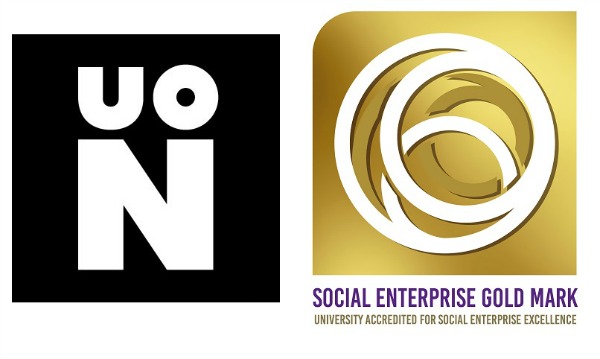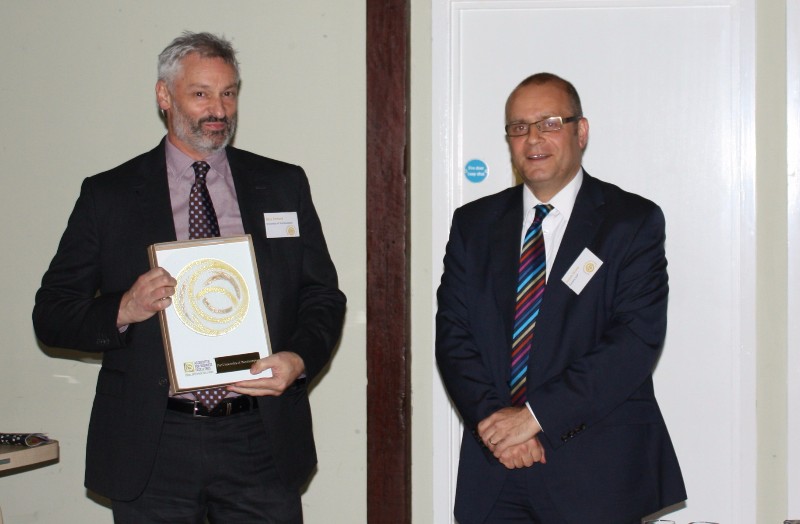Place Categories: Education & Training and Gold MarkPlace Tags: Gold Mark, Higher Education, Northampton and University
The University of Northampton is situated in the heart of England and offers various subjects at undergraduate and postgraduate level. The University is globally renowned in subject specialisms such as Wastes Management, Leather Technology and Fashion. We have over 14,000 students across two campuses just 2.5 miles apart and offer hundreds of courses to meet all needs and interests.
The University of Northampton’s mission is to ‘transform lives and inspire change’. We do this by putting our students at the heart of our strategic plan Transforming Lives + Inspiring Change. As a member of the international Ashoka U group of universities (a designated Changemaker campus, we are committed to our Changemaker values, which focus on higher education to achieve a positive social impact. These values underpin all our teaching, learning, employability, research and enterprise.
As one of the few universities to be ranked Gold in the Teaching Excellence Framework (TEF), we know that sharing knowledge, supporting creativity and striving to make a positive difference will change the future. What motivates us is the drive to help people make the changes that will transform their lives
We are one of the youngest universities in the UK but we are already leading the way in adding value to society, which we call social impact. We have won multiple awards for our work in this area, among others, but what matters the most to us is ensuring that our students and graduates have the opportunity to make their mark on the world too. That’s why we were the first university in the UK to be named as a Changemaker Campus in 2012.
We want to break the mould of what Higher Education can be. This has led us to build a whole new University from the ground up that is designed to reflect the way that you actually learn rather than the way you are expected to learn.
No Records Found
Sorry, no records were found. Please adjust your search criteria and try again.
Google Map Not Loaded
Sorry, unable to load Google Maps API.






Leave a Reply
Want to join the discussion?Feel free to contribute!